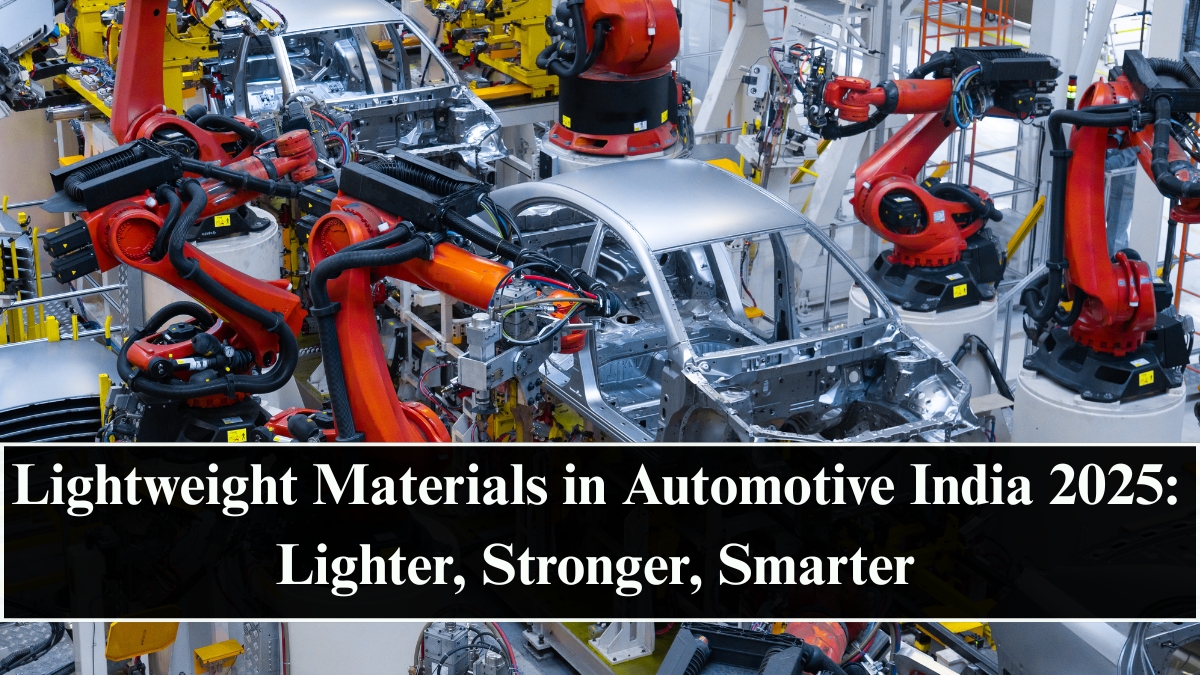As cars become smarter and more connected, the threats they face are evolving too. Automotive Cybersecurity India 2025 highlights how vehicle protection is no longer just about airbags and seatbelts — it’s also about firewalls, encryption, and network defense. In 2025, Indian automakers and regulators are stepping up efforts to safeguard vehicles from hacking, data theft, and software tampering as connected and autonomous mobility becomes the new normal.

The Rise of the Connected Car Threat Landscape
Modern vehicles are essentially computers on wheels, running millions of lines of code and constantly communicating with external systems through the internet, GPS, and sensors. This connectivity enhances convenience and safety but also exposes cars to cyber risks.
Hackers can potentially exploit vulnerabilities in infotainment systems, keyless entry, telematics, or vehicle-to-everything (V2X) communication channels. A single breach could allow unauthorized control over brakes, steering, or data systems.
India’s rapid adoption of connected vehicles, projected to reach over 30 million by 2025, makes cybersecurity a critical pillar of the automotive ecosystem.
Why Cybersecurity Matters in Software-Defined Vehicles
With the emergence of software-defined vehicles (SDVs), most car functionalities — from performance tuning to infotainment — now depend on software updates. This creates new attack surfaces. Unsecured over-the-air (OTA) updates, if intercepted, can inject malicious code into vehicle systems.
Manufacturers like Tata Motors, Mahindra, and Hyundai are now implementing secure OTA mechanisms that verify digital signatures and authenticate updates before installation. Similarly, data encryption across communication networks is being standardized to protect both driver information and vehicle integrity.
Government Policies and Emerging Regulations
Recognizing the risks, the Ministry of Road Transport and Highways (MoRTH) and Bureau of Indian Standards (BIS) have begun drafting India’s first comprehensive Automotive Cybersecurity Regulation Framework, aligned with global standards like UNECE WP.29 and ISO/SAE 21434.
These regulations require automakers to:
-
Conduct risk assessments and vulnerability analysis during vehicle design.
-
Establish Cybersecurity Management Systems (CSMS) for lifecycle protection.
-
Implement incident detection and response mechanisms for real-time threat mitigation.
Manufacturers will soon be required to obtain compliance certification before selling connected vehicles, ensuring safety not just from crashes — but from code breaches.
The Role of AI and Blockchain in Car Security
AI and blockchain technologies are emerging as vital tools for connected car security in India 2025. Artificial intelligence can detect anomalies in vehicle behavior, such as unusual sensor readings or unauthorized access attempts, allowing predictive defense before a threat occurs.
Meanwhile, blockchain-based security frameworks ensure that data shared between vehicles, servers, and charging stations remains tamper-proof and traceable. This decentralized approach minimizes single points of failure and enhances trust in the automotive data ecosystem.
Industry Collaboration and Skill Development
Automotive cybersecurity requires cross-industry collaboration between automakers, IT firms, and cybersecurity specialists. Indian companies are partnering with global players like Bosch, Continental, and IBM Security to develop end-to-end cybersecurity suites for vehicles.
Additionally, educational institutions and startups are introducing automotive cybersecurity certification programs to train engineers in threat modeling, ethical hacking, and embedded system protection — building a skilled workforce ready for the digital mobility era.
The Road Ahead: Building Trust in the Digital Drive
As India moves toward autonomous and connected mobility, cybersecurity will be a key differentiator in customer trust. Manufacturers that prioritize data privacy, secure connectivity, and resilient software will define the next generation of mobility.
By 2025, Automotive Cybersecurity India is not just about preventing hacks — it’s about ensuring that every digital mile driven is safe, compliant, and intelligent. With proactive policy, industry collaboration, and innovation, India’s automotive ecosystem is gearing up to make connected mobility both smart and secure.
FAQs
Why is automotive cybersecurity important in 2025?
Because cars are now connected to the internet and rely on software, protecting them from hacking and data breaches is vital for both driver safety and data privacy.
What are the major threats to connected vehicles?
Keyless entry hacks, telematics data theft, malicious OTA updates, and system intrusions through infotainment or Wi-Fi are some of the top threats.
Are there any cybersecurity laws for cars in India?
Yes. The government is developing a regulatory framework aligned with UNECE WP.29 and ISO/SAE 21434 standards for secure vehicle design and operation.
How are automakers securing vehicles today?
They are implementing encrypted communication, AI-based anomaly detection, secure OTA updates, and multi-layered firewalls in software-defined vehicles.
What role does AI play in vehicle cybersecurity?
AI helps detect and respond to cyber threats in real time by analyzing network patterns and identifying suspicious or unauthorized vehicle activities.
Click here to know more.
